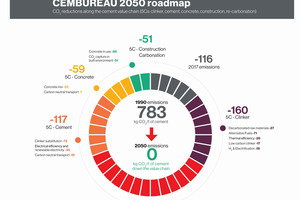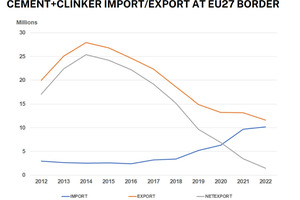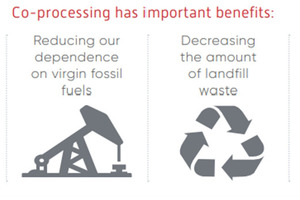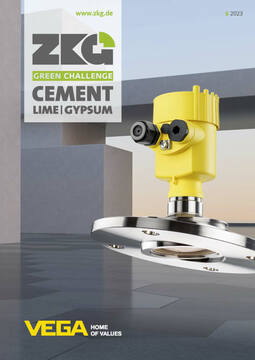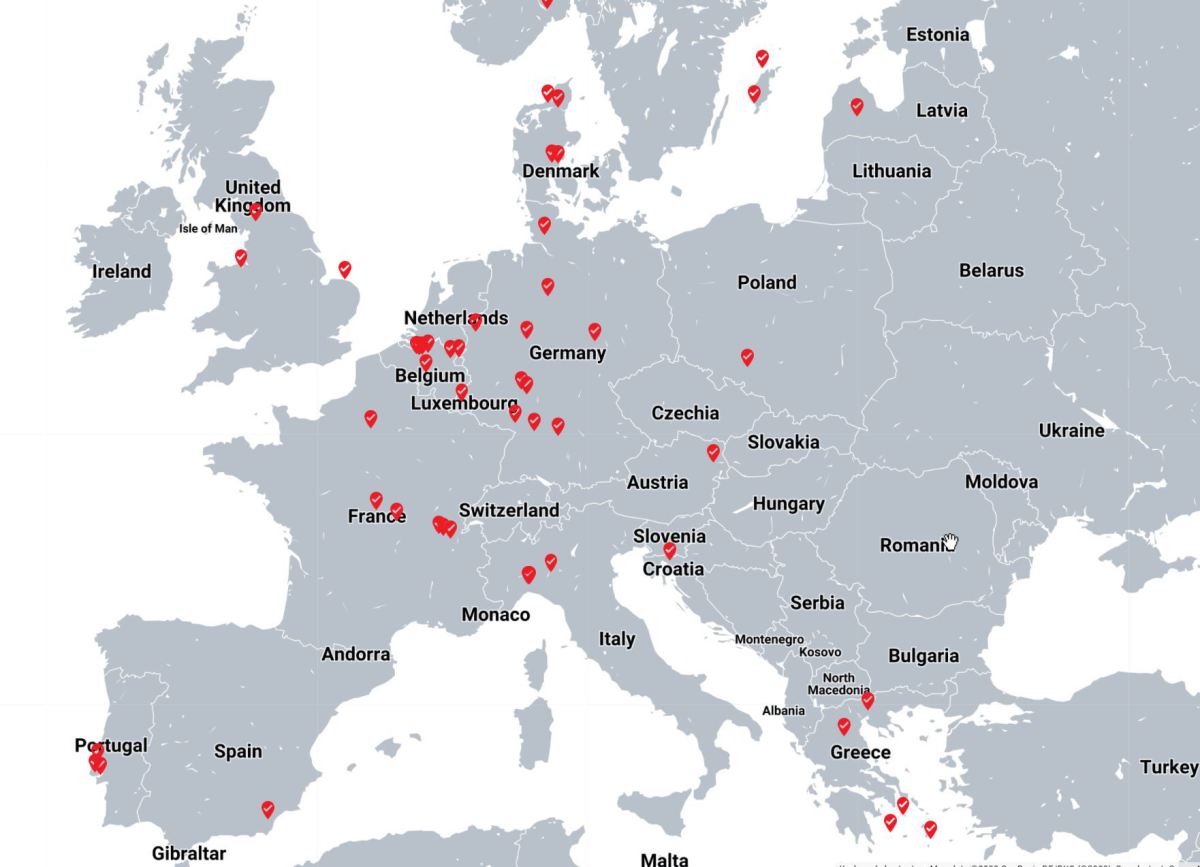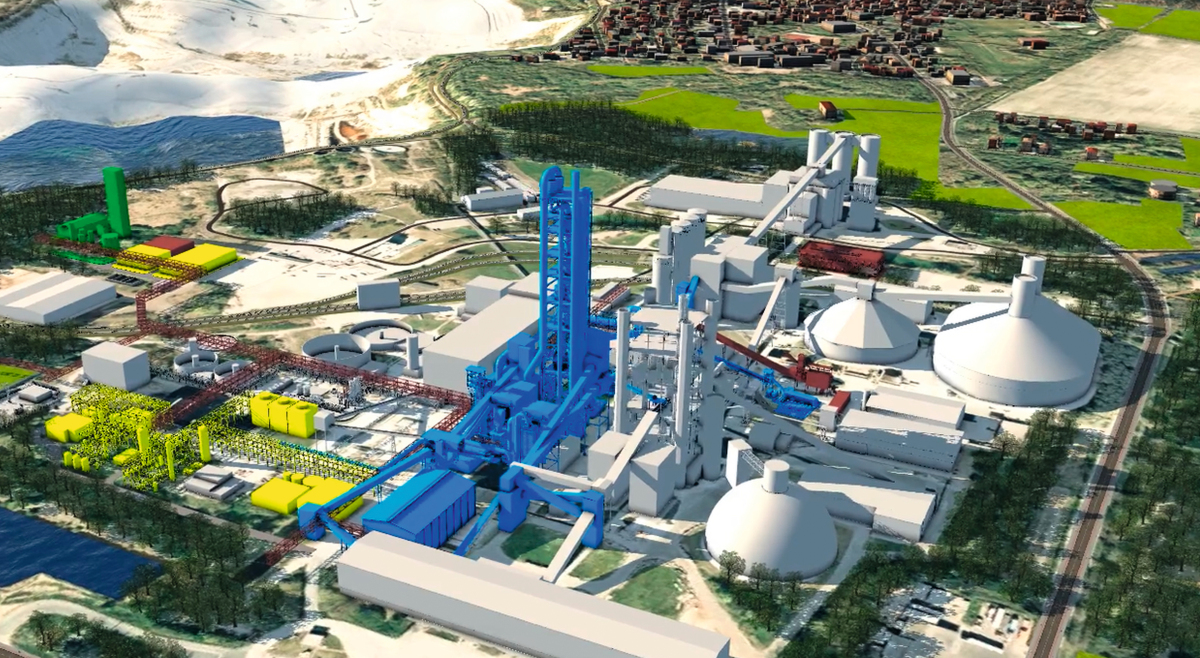Navigating the path to carbon neutrality in the European cement industry – Challenges and policy proposals
The European cement industry stands at the precipice of an exciting era – the journey towards carbon neutrality. As the industry diligently works towards achieving net zero by 2050, the Carbon Neutrality Roadmap acts as a guidance.
Decarbonisation through innovation
The Roadmap outlines a strategic approach to decarbonisation across the five stages of the cement and concrete value chain: clinker, cement, concrete, construction, and (re)carbonation. The vision: a sustainable future for the cement sector that strikes a balance between environmental stewardship and economic growth. The cement industry is at the forefront of technological advancements in carbon capture, usage, and storage (CCUS), low-carbon fuels, and energy efficiency. These innovations, exemplified by numerous decarbonisation projects across Europe, are the tools for change. CCUS technologies, in particular, are pivotal, given their potential to reduce 42% of the sector’s un-avoidable process emissions.
Challenges and policy proposals
To fully unlock the potential of these groundbreaking technologies, it is necessary to find solutions to the challenges the industry is facing, particularly calling upon the policymakers for the following key regulatory actions.
Access to a proper financing framework
Where access to public funding sources is made transparent in terms of eligibility requirements and application processes and is frontloaded to allow fast roll-out of projects in the pipeline. Additional financing mechanisms such as Contracts for Difference which can help de-risking investments, need to be operationalized fast.
Rapid deployment of essential CCS infrastructure/clarity on CO2 use
The unavoidable process emissions resulting from the manufacturing of cement require a strong focus on carbon capture; the permanent storage of CO2 requires pipeline infrastructure and sufficient storage capacity and access to these essential facilities against reasonable commercial conditions. A clear regulatory framework is required for unavoidable process emissions that, instead of being geologically stored, are put to use in a variety of applications.
Streamlined permitting process
Decarbonisation projects often face roadblocks due to lengthy and complex permitting processes. EU and national policymakers have to be urged to simplify and accelerate these processes, reducing bureaucratic hurdles and addressing human resource capacity issues.
Affordable renewable energy
The industry’s energy-intensity makes access to affordable, low-carbon energy a critical concern. EU institutions have to address the competitiveness gap vis-à-vis regions with lower energy prices, facilitating a smoother transition to climate neutrality and maintaining sustainable, competitive production in Europe.
Circular economy across the value chain
Decisive EU action has to be advocated to support circularity throughout the cement and concrete value chain. This includes policies to reduce buildings’ CO2 footprint, encourage the market uptake of low-carbon cements, and promote the recycling of concrete and demolition waste.
Effective implementation of the Carbon Border Adjustment Mechanism (CBAM)
A focus on CBAM’s implementation is crucial for the success of the carbon neutrality targets. This involves setting up efficient systems for monitoring, reporting, and avoiding circumventions and fraud. As evidenced by Cembureau’s recent import and export statistics, there has been an increase in EU27 imports of cement and clinker since 2016, while exports have declined. This data underscores the importance of robust measures like a watertight CBAM, which can ensure a level playing field for EU27 and external cement producers in terms of CO2 costs.
Science-based Carbon Removal Framework
The EU carbon removal framework should be based on clear, science-backed definitions. It should be designed in a manner that allows complementarity and, possibly at a later stage, integration with the EU ETS.
Recognition of co-processing
Co-processing, where waste is utilized both as fuel and raw material in cement production, can significantly enhance the decarbonisation efforts. Legislative and regulatory measures that recognise the material recycling part of co-processing as contributing to EU recycling targets are necessary.
With these necessary regulatory actions, Cembureau is confident of overcoming the challenges on the path to decarbonisation and looks forward to working closely with policymakers. Cembureau stands committed to driving sustainable growth and job creation while achieving the EU’s ambitious climate targets. The European cement industry is ready to rise to the “Green Challenge”, shaping a sustainable future for the cement industry and our planet.

